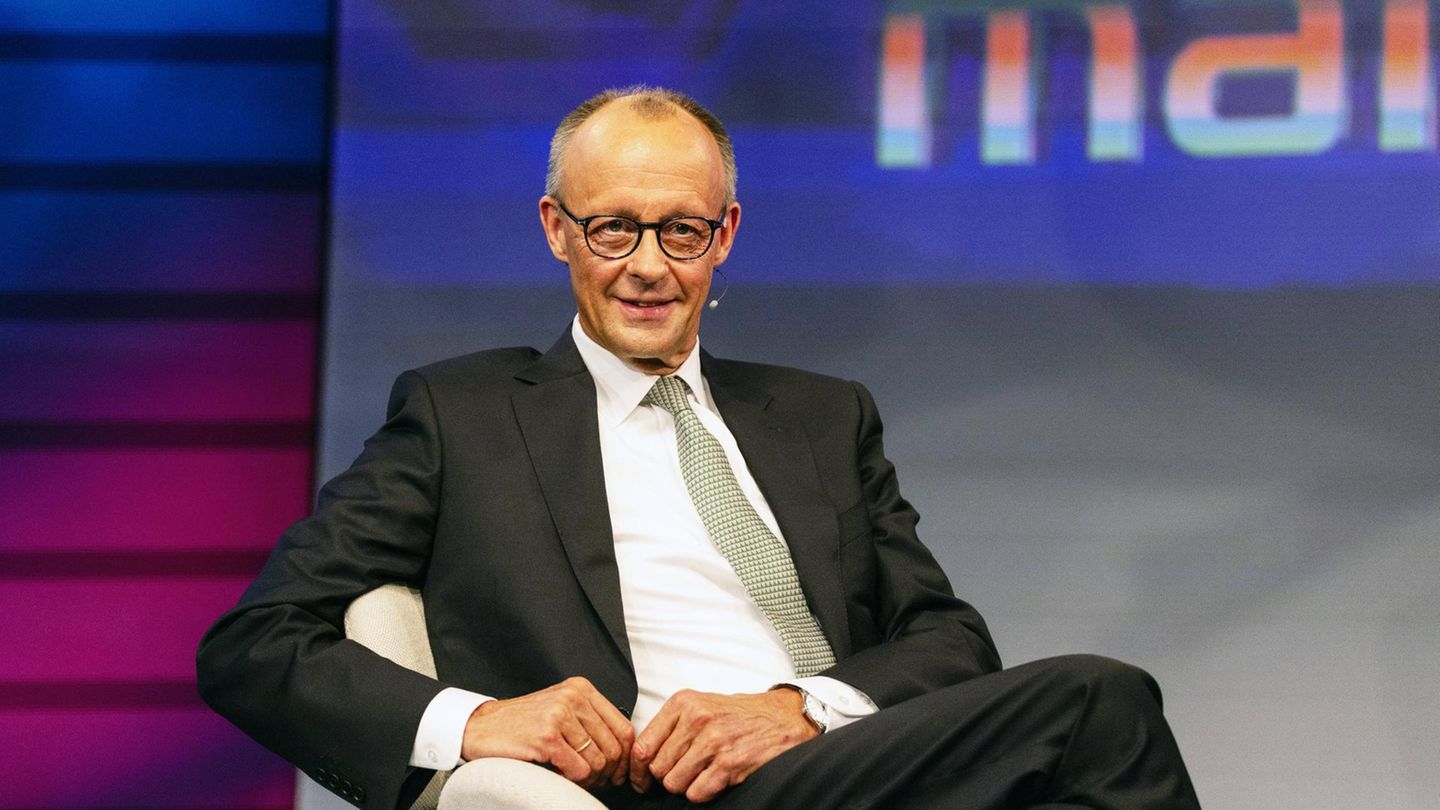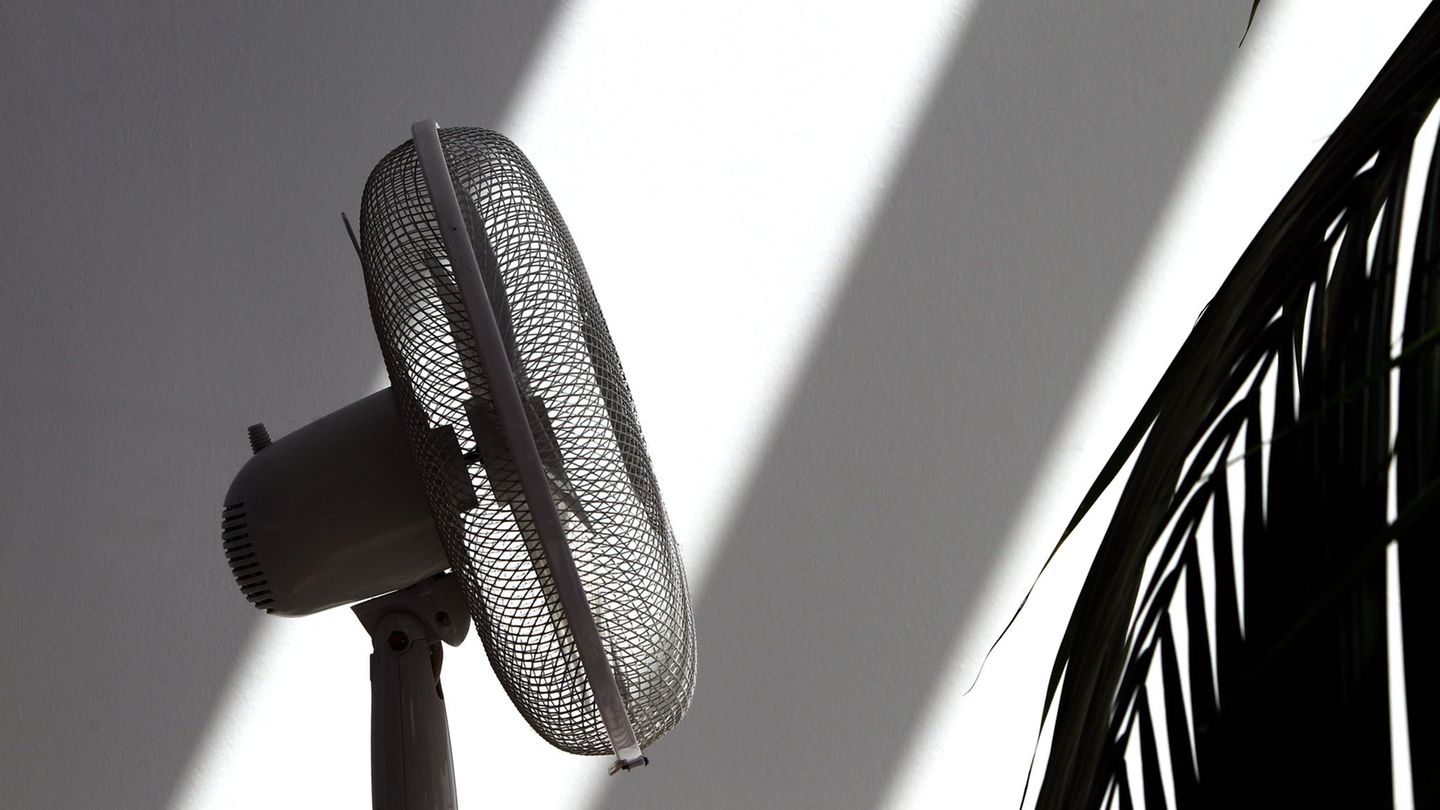Efforts to achieve greater energy efficiency are increasing worldwide. In order to achieve climate goals, more energetic steps are necessary, warns the IEA ahead of the world climate conference in Dubai.
Shortly before the start of the climate conference in Dubai, the International Energy Agency (IEA) warned that the desired limitation of global warming to 1.5 degrees would be unattainable without greater commitment to energy efficiency.
Global progress in efficiency slowed in 2023, although it improved by 1.3 percent, the IEA said. What is necessary, however, is an increase in annual efficiency gains to four percent by 2030. This is the only way to reduce emissions from the energy sector to zero by 2050, which in turn is a prerequisite for achieving the 1.5 degree target.
“The world’s climate goals depend on our ability to make the global energy system significantly more efficient,” said IEA Director Fatih Birol. If governments want to keep the 1.5 degree target within reach and ensure energy security, doubling energy efficiency this decade is crucial. The analysis is a clear warning to the politicians meeting in Dubai that they must all commit to and implement stronger efficiency measures.
Climate target can hardly be achieved
According to climate researchers, the goal of limiting global warming to 1.5 degrees compared to pre-industrial times is hanging by a thread. It is still theoretically possible, but only through a radical change in climate policy.
The international community is aiming for the 1.5 degree target in order to avoid exceeding dangerous tipping points with irreversible consequences and to avert the worst consequences of climate change. However, the measures planned by states so far are not ambitious enough. According to the United Nations, the earth is currently heading towards more than 2.5 degrees of warming.
The slower pace of global efficiency gains hides some strong gains at the national level, according to the IEA. After improving energy efficiency by eight percent in 2022, the EU will achieve an improvement of five percent this year. The USA is on track for an improvement of four percent in 2023.
The IEA sees reasons for the slowdown in efficiency, among other things, an upswing in energy-intensive areas such as petrochemicals and aviation, as well as a booming demand for air conditioning systems in a year with exceptionally high temperatures.
Source: Stern




